
tribal ecological knowledge
Ecological Knowledge of Adi Tribe , arunachal pradesh
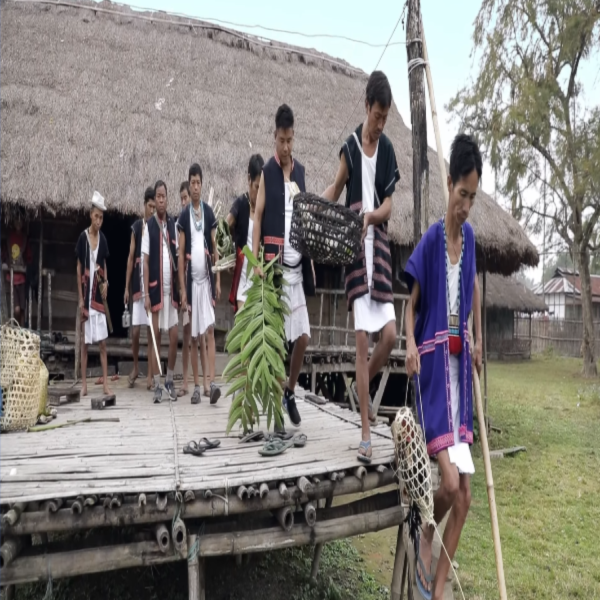
Being generations old, the ecological knowledge of the Adi tribe of Arunachal Pradesh is sustainable through traditional agricultural systems, forest management, and the conservation of biodiversity-facilitated living by harmonizing with nature.
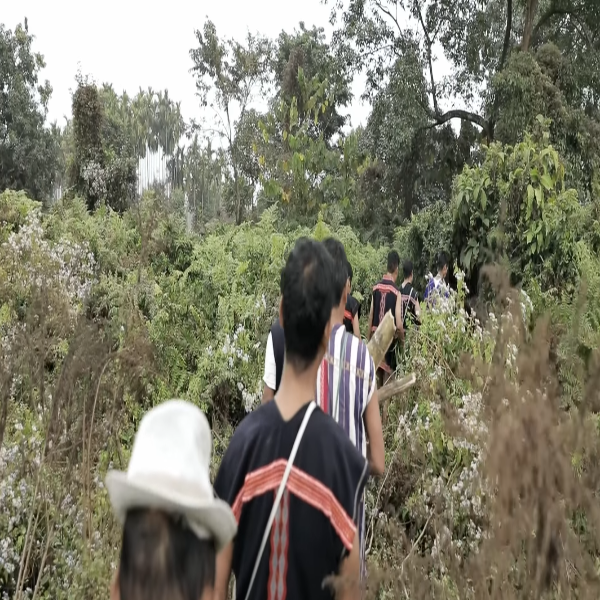
The Adi tribe employs alternate farming techniques between wet rice cultivation with upland crops growing on the local species and natural fertilizers. All these adoptions are consistent with the localized climatic and soil conditions because they support better soil health and crop diversity.
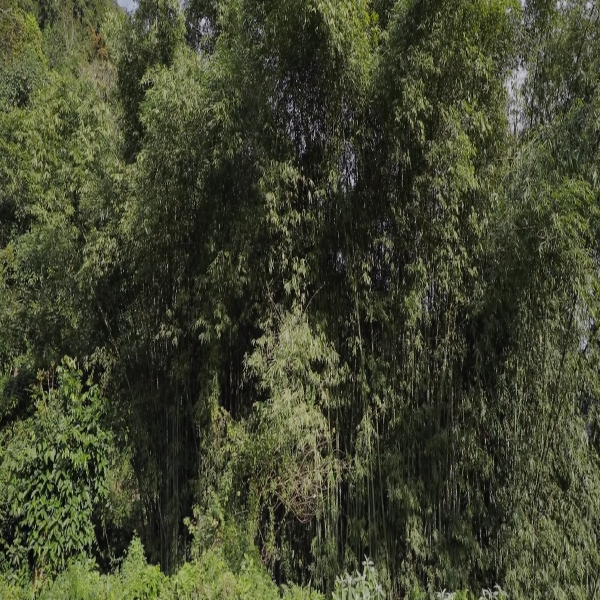
The Adis understand the basic framework of forest ecosystems. They ensure that forest products such as timber, medicinal plants, and non-timber forest products are harvested sustainably. The tribe also keeps community reserve forests for biodiversity protection and resources availability.
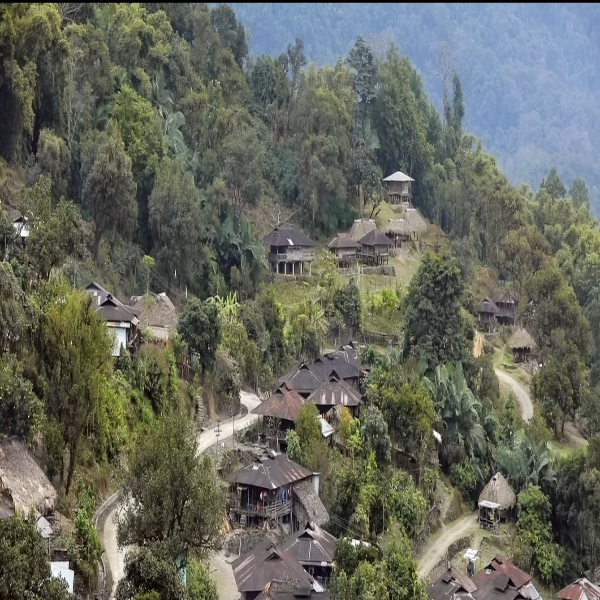
The Adi tribe's ecological knowledge is based on conservation of biodiversity. They acknowledge the value of various plants and animal species for their livelihood and cultural practices. The tribe is also involved in conservation activities for the protection of its natural environment.
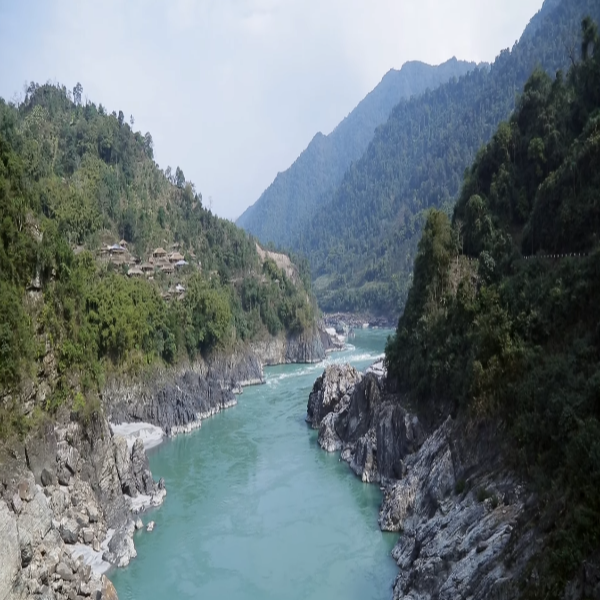
This tribe is also cognizant of the effects of climate change on ecological systems. They apply traditional ecological knowledge (TEK) to innovate and cope with the shifting weather patterns and maintain their livelihoods. This tribe's practices are promoting climate resilience and ecosystem wellbeing.


